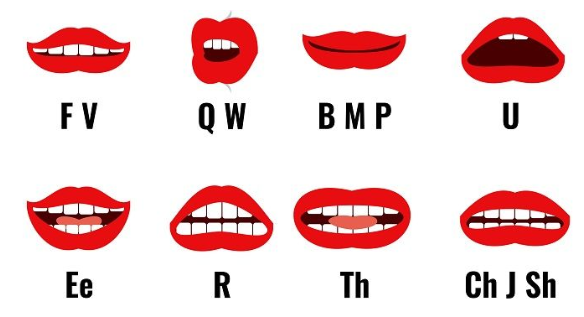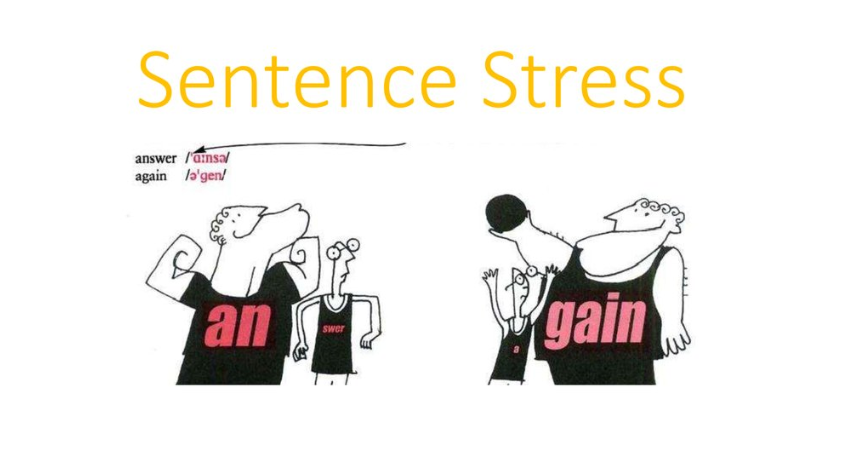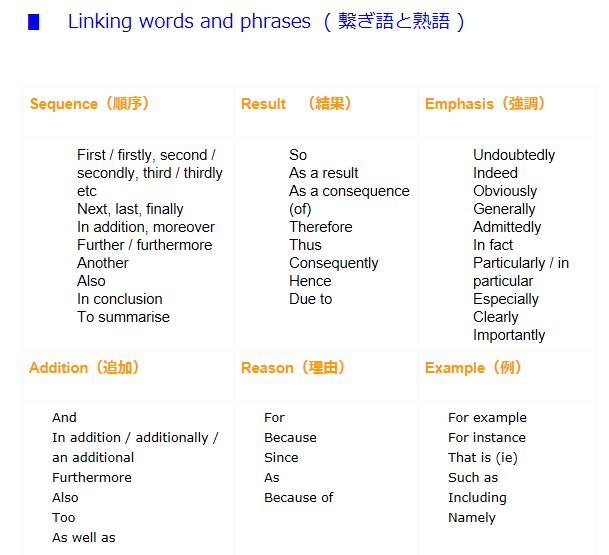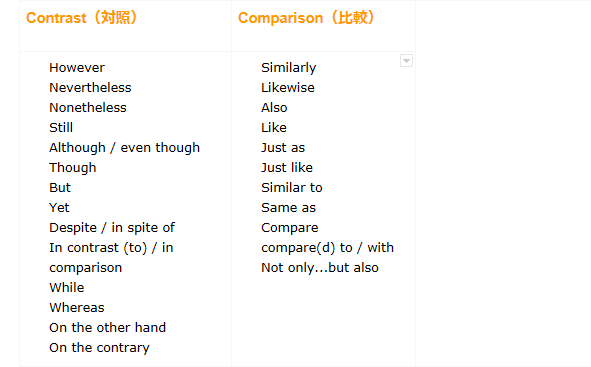IELTS Writing Task 1 採点者はここをチェックしている! Task Achievement

Task Achievement タスクの完了
IELTSのライティングTask1では以下4項目の採点基準によってBand Scoreが計算されます。
- Task Achievement タスクの完了 (25%)
- Coherence and Cohesion つながりと一貫性 (25%)
- Lexical Resource 語彙の豊富さ (25%)
- Grammatical Range and Accuracy 文法の幅と正確さ (25%)
▮ブリティッシュ・カウンシルによって提供されている各Band Scoreの計算表
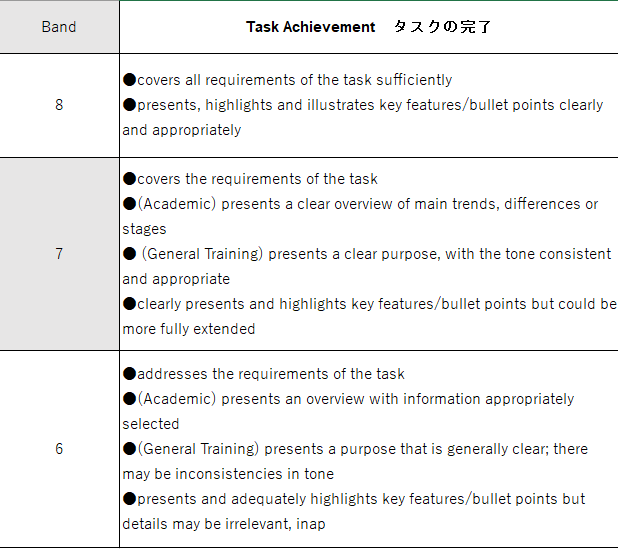
多くの方の場合、目標スコアは6〜7程度だと思いますので、最低限その部分は頭に入れておきましょう。
今回は、「Task Achievement タスクの完了」について説明していきます。
Task Achievement (タスクの完了)チェックポイント!

☑ 主な特徴が3つあるか? Identifying the key features
3つの主な特徴を即座に見極め、それについて書くこと(まれに、2つないし4つある場合があります)特徴とは、データの中で際立つ、最も重要な情報やパターンのことです。
グラフ問題の場合、グラフに書かれている重要な項目を読み取るということが必要です。
出題者もなんらかの意図を持ってグラフやテーブルを制作していると思われるので、なるべくグラフの重要ポイントを理解してエッセイに反映させましょう。
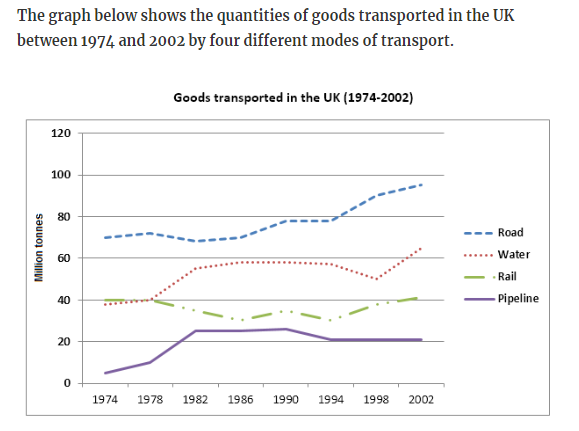
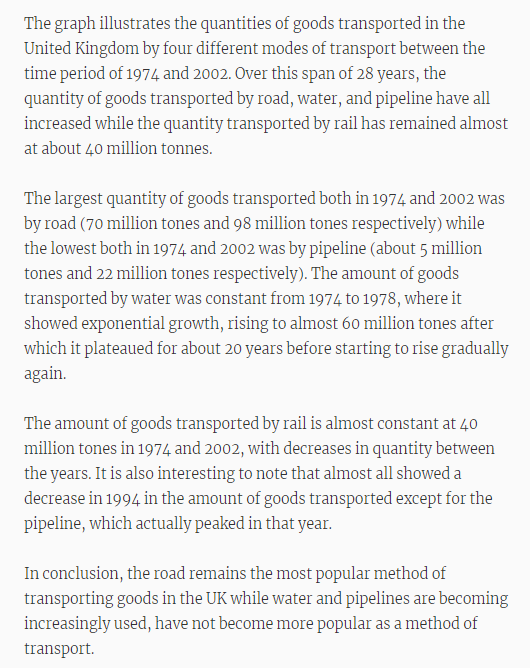

★「主な特徴を書き出す」についての評価は以下のようになります。
Band 7 : clearly presents and highlights key features. This means that the reader can clearly see which information is important and which is not.
Band 6 : presents and adequately highlights key features. This means that the writer can describe the key features but they may be irrelevant, inappropriate or inaccurate.
Band 5 : presents but inadequately covers key features. This means that some key features are missing. Band 4 attempts to address the task but does not cover all key features and may confuse key features with detail. This means that the writer misses one or more of the key features.
☑ 全てのカテゴリーに言及したか?
グラフ中のカテゴリーはすべて網羅する。(othersという項目も忘れずに!)
☑ 主な特徴それぞれについてデータによる補足はしたか? Supporting detail
3つの主な特徴すべてについて具体的なデータを付け加え、説明する。
重要と思われる項目については書き逃しの無いようよく確認してください。
そしてもちろん主な特徴に対する詳細の記述 “Provide sufficient detail“も必須です。重要な項目については詳細 detailを書かないと”減点“になります。
ただし、1つ注意が必要です。 ”not too much details, and not too little”、つまり書きすぎも書かなさすぎもダメということです。
☑ 概要(Overview) はあるか?
概要を含めることは必須!
よく意見が分かれる項目の一つに、Overviewを書くか書かないかという問題があります。
IELTS対策サイト等によっては、Overviewはいらないなんてことを書いているものも見かけますが、これは完璧に間違えです。Introductionの中に1行でも、Introductionの後に1行でも、Conclusionの中に1行でも構わないので、必ず書いてください。
概要(Overview) 書き方の例 1
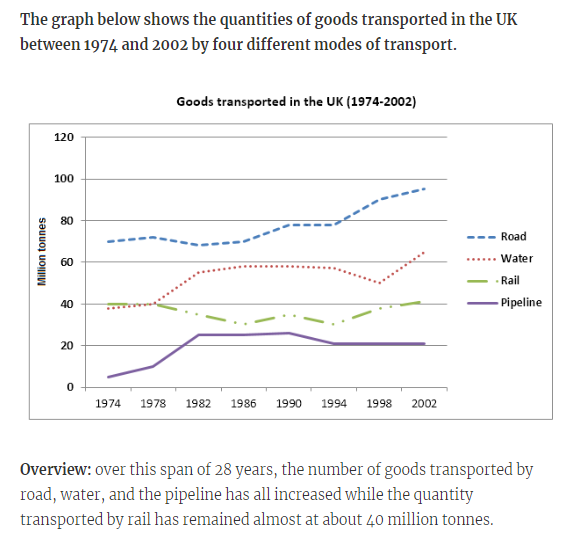
概要(Overview) 書き方の例 2


IELTSのTASK1では,
- グラフや表をしっかりと読み取れているか
- 正確かつ簡略にまとめられているか(無駄な情報がないか)
- 150単語以上書いているか
というような設問に適切に回答する上での基本的な部分が大切になります。例えば単語数不足の場合はその不足語数に依存してTask Achieventの点数から引かれていきます。
グラフ内やグラフ間の中で数値の相関等がある場合には積極的に比較を行いましょう。
比較級・倍率、増減の表現等を使いながら対比の形(While, Although, Whereas、withを使った付帯状況等)に持っていくと表現の幅をアピールできるので、文法のポイントも稼げるかもしれません。





